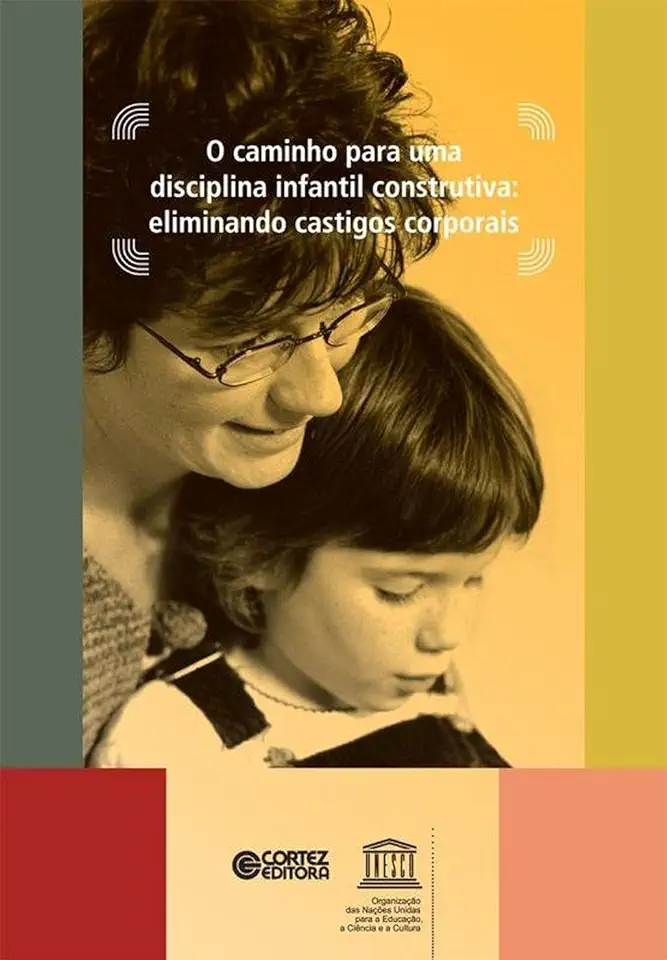
The Way to Constructive Discipline: A New Approach for Parents and Teachers
The Way to Constructive Discipline: A New Approach for Parents and Teachers
In "The Way to Constructive Discipline," renowned child psychologist Dr. Rudolf Dreikurs presents a revolutionary approach to discipline that focuses on teaching children self-discipline and cooperation rather than relying on punishment. Drawing on his extensive experience working with children and families, Dreikurs argues that traditional methods of discipline, such as spanking and time-outs, are ineffective and can actually damage a child's self-esteem and development.
Instead, Dreikurs proposes a system of "logical consequences" that teaches children to take responsibility for their actions and learn from their mistakes. For example, if a child spills milk, instead of punishing them, the parent might have them help clean up the mess. This teaches the child that their actions have consequences and that they need to be responsible for their own behavior.
Dreikurs also emphasizes the importance of setting limits and boundaries for children, but he argues that these limits should be based on mutual respect and understanding. When children understand the reasons for the rules, they are more likely to follow them willingly.
"The Way to Constructive Discipline" is a must-read for parents and teachers who want to raise happy, well-behaved children. Dreikurs's approach is based on sound psychological principles and has been proven to be effective in helping children develop into responsible, self-disciplined adults.
Key Concepts
- Logical consequences: Teaching children to take responsibility for their actions by experiencing the natural consequences of their behavior.
- Mutual respect: Setting limits and boundaries for children based on understanding and respect for their needs.
- Encouragement: Praising children for their positive behavior and effort, rather than focusing on their mistakes.
- Active listening: Listening to children with empathy and understanding, without judgment or criticism.
- Problem-solving: Helping children to identify and solve problems on their own, rather than telling them what to do.
Benefits of Constructive Discipline
- Promotes self-discipline: Children who are taught constructive discipline learn to control their own behavior and make responsible choices.
- Enhances self-esteem: Children who feel respected and understood are more likely to develop a positive self-image.
- Fosters cooperation: Children who are taught to cooperate with others are more likely to be successful in school and in life.
- Reduces conflict: Constructive discipline helps to reduce conflict between parents and children, and between children and their peers.
- Creates a positive learning environment: Children who feel safe and respected are more likely to be engaged in learning.
How to Implement Constructive Discipline
- Set clear limits and boundaries. Children need to know what is expected of them. When setting limits, be clear, consistent, and fair.
- Enforce limits with logical consequences. When children break the rules, they should experience the natural consequences of their behavior. This will help them to learn from their mistakes and develop self-discipline.
- Praise children for their positive behavior. Children need to feel appreciated and loved. When they do something good, be sure to praise them.
- Listen to children with empathy and understanding. Children need to feel heard and understood. When they are talking to you, listen attentively and try to understand their point of view.
- Help children to solve problems. Children need to learn how to solve problems on their own. When they are faced with a problem, help them to identify the problem and come up with a solution.
Conclusion
"The Way to Constructive Discipline" is a valuable resource for parents and teachers who want to raise happy, well-behaved children. Dreikurs's approach is based on sound psychological principles and has been proven to be effective in helping children develop into responsible, self-disciplined adults. If you are looking for a positive and effective approach to discipline, I highly recommend this book.